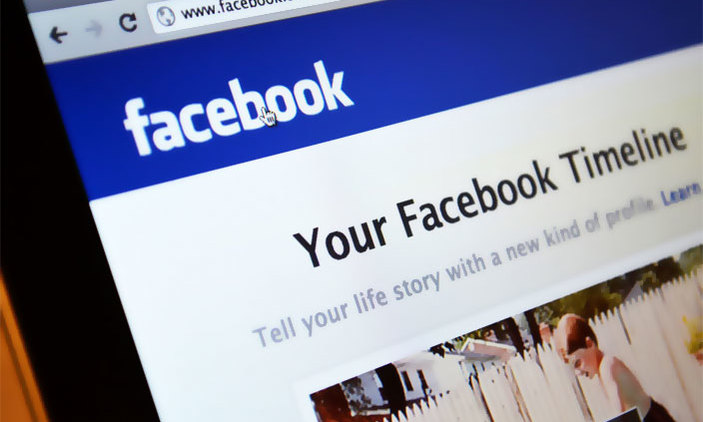Facebook in talks with Reuters said it would extend its political advertising rules to curb election interference in countries like India, Nigeria, Ukraine, and the European Union ahead of the upcoming elections.
Facebook is one of the largest social media platforms in nearly every big country and that makes it a liability for the circulation of fake news and propaganda. The platform has become a means for politicians all over the world to spread misleading information and other propaganda.
Buying Facebook ads widens the reach of such material to the audience and some of those influence attempts violate the general rules of the elections as well as Facebook’s policies.
Under pressure from authorities, Facebook, last year, had taken some steps in order to increase oversight on political ads.
From Wednesday in Nigeria, only the advertisers that are located in the country will be able to run electoral ads which is similar to the policy that was unveiled during an Irish referendum last May, according to Facebook’s director of global politics and outreach, Katie Harbath. The same policy will be adopted in Ukraine in February. Nigeria holds a presidential election on 16th February while Ukraine will have its presidential election of March 31st.
In India, which has its parliamentary election in April, Facebook will place electoral ads in a searchable online library from next month, said Rob Leathern who is a director of product management at the company.
“We’re learning from every country,” Leathern said. “We know we’re not going to be perfect, but our goal is continuing, ongoing improvement.”
The library will resemble archives that were brought to the United States, Brazil, and Britain last year. Facebook believes that holding the electoral ads in a library for seven years helps the company in fighting interference, added Leathern.
This new policy from facebook received some applaud from elected officials and campaign accountability groups, but they also criticized the company for allowing the advertisers in the US to becloud their identities.
The Indian archive will contain contact information for some buyers or their official regulatory certificates. For individuals buying political ads, Facebook will ensure their name matches their government-issued documents. The European Union will also get a part of that authorization and transparency system before their parliamentary elections in May, said Leathern.
The ad hoc approach, with a variety of policies and transparency with respect to the region, reflects local laws and conversations with government and civil society groups, Harbath said. That means the extra steps that are taken in order to ensure the location and authenticity of the political ad buyers in India and the US, will not be implemented in every big election this year, said Leathern.
Ad libraries in some countries will not include what the company calls “issue” ad, Leathern said.
Australia, Indonesia, Israel, and the Philippines are some of the nations holding important elections this year and Facebook said it is still weighing its policies for those sectors. Leathern and Habarth said they hope to develop a set of tools that may be applied globally in terms of avoiding election interference.
“Our goal was to get to a global solution,” Harbath said. “And so, until we can get to that in June, we had to look at the different elections and what we think we can do.”
Also read:
Social media companies to fight India’s new internet regulations

